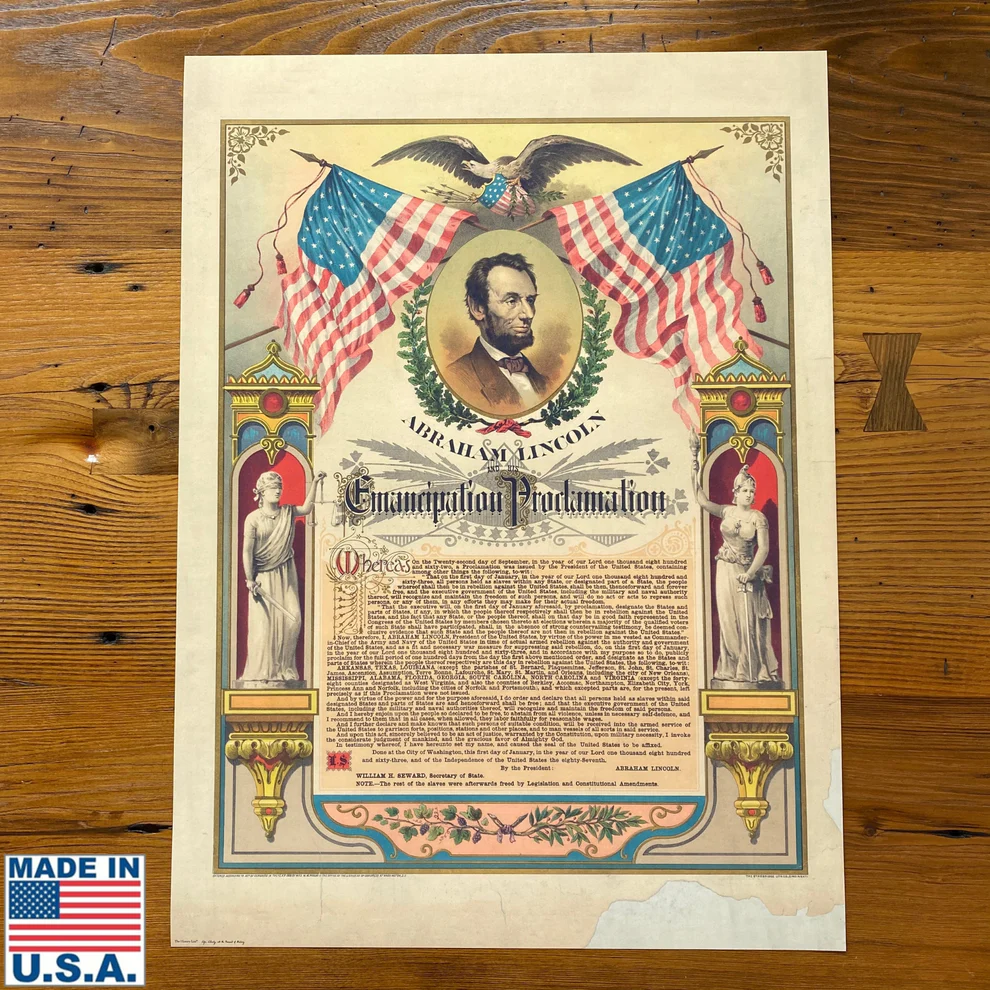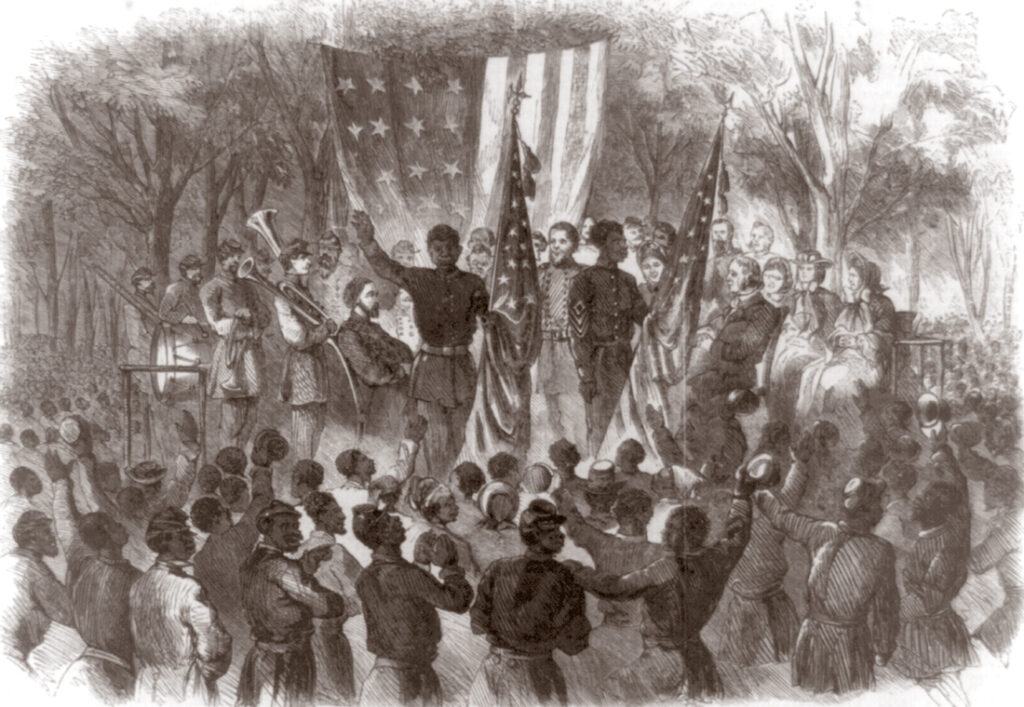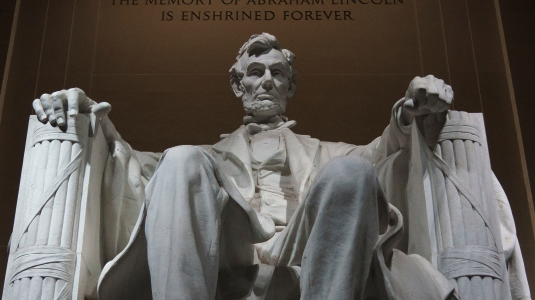Table of Contents
Introduction Emancipation Proclamation Abraham Lincoln
Emancipation Proclamation Abraham Lincoln’s Historic Decree holds a pivotal place in American history, marking a monumental shift in the nation’s trajectory and setting the stage for the eventual eradication of slavery. Issued by President Abraham Lincoln on January 1, 1863, amidst the tumult of the Civil War, this historic document stands as a testament to the enduring struggle for freedom and equality. In this exploration of the Emancipation Proclamation, we delve into the context, impact, and legacy of Lincoln’s bold decree, shedding light on its significance in shaping the course of American history and inspiring generations to come.
Context and Significance:
Abraham Lincoln’s decision to issue the Emancipation Proclamation was not made lightly. As the nation was engulfed in the turmoil of the Civil War, Lincoln faced mounting pressure to address the issue of slavery. While his primary goal was to preserve the Union, he recognized that the institution of slavery was at the heart of the conflict tearing the nation apart. By declaring all enslaved people in Confederate-held territory to be forever free, Lincoln struck a decisive blow against the Confederacy and fundamentally transformed the nature of the war.
The Emancipation Proclamation did more than just free enslaved individuals; it also redefined the purpose of the Civil War. No longer simply a struggle to preserve the Union, the war became a crusade for freedom and equality. African Americans, both free and enslaved, played a crucial role in this new phase of the conflict, as they flocked to Union lines in search of freedom and opportunity. While the proclamation did not immediately end slavery in the United States, it dealt a severe blow to the institution and paved the way for its eventual abolition through the passage of the 13th Amendment.

Impact and Challenges:
The Emancipation Proclamation had far-reaching implications, both domestically and internationally. In addition to reshaping the dynamics of the Civil War, it also had diplomatic repercussions, as European nations grappled with the morality of supporting a nation built on slavery. While the proclamation was a landmark moment in the fight for freedom, it was not without its challenges and limitations. Critics argued that it did not go far enough, as it only applied to Confederate-held territory and exempted border states loyal to the Union. Moreover, its legality was questioned, with some arguing that Lincoln had overstepped his constitutional authority.
Despite these challenges, the Emancipation Proclamation marked a turning point in American history and served as a catalyst for the eventual abolition of slavery. Its impact reverberated long after the end of the Civil War, shaping the course of Reconstruction and laying the groundwork for the civil rights movement of the 20th century. While it may have fallen short of its lofty ideals in some respects, its significance as a symbol of freedom and equality cannot be overstated.

Legacy and Commemoration:
Over 150 years after its issuance, the Emancipation Proclamation continues to resonate as a symbol of courage, justice, and freedom. Its legacy is honored and commemorated through various events and initiatives, including Emancipation Day celebrations and educational programs highlighting its significance in American history. While the struggle for equality and justice persists, the Emancipation Proclamation serves as a reminder of the progress that has been made and the work that still lies ahead.

Conclusion:
In conclusion, the Emancipation Proclamation: Abraham Lincoln’s Historic Decree remains a cornerstone of American history, symbolizing the triumph of justice over oppression and the enduring struggle for equality. Through his decisive action, Abraham Lincoln changed the course of the Civil War, redefining its purpose as a fight for freedom and emancipation. While the proclamation had its limitations and challenges, its significance cannot be overstated. It laid the groundwork for the eventual abolition of slavery and served as a catalyst for social change that reverberates to this day.
As we reflect on the legacy of the Emancipation Proclamation, we are reminded of the ongoing quest for justice and equality in America. While progress has been made, the fight for civil rights continues, and the principles espoused in Lincoln’s decree remain as relevant as ever. It is incumbent upon us, as inheritors of this legacy, to uphold the values of freedom, equality, and justice for all.
In commemorating the Emancipation Proclamation, we honor the courage and resilience of those who fought for freedom, both then and now. It serves as a beacon of hope and inspiration, reminding us of our shared humanity and the power of collective action in the face of injustice. As we look to the future, let us draw strength from the lessons of the past and continue the work of building a more inclusive and equitable society for all.


